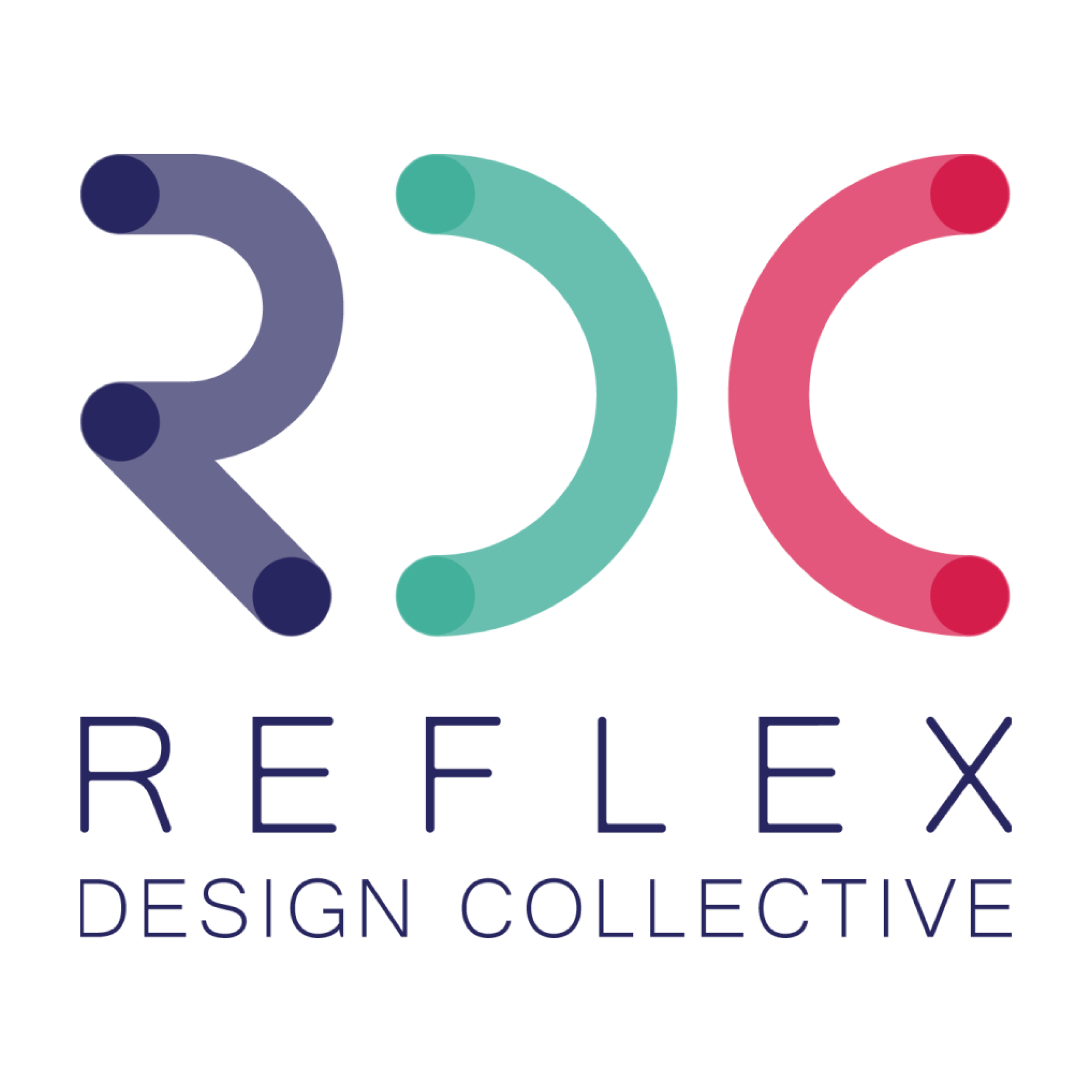
ABOUT US

our vision
A world where creative power is distributed democratically to generate new possibilities for a just and inclusive society.
our mission
We facilitate a co-creation process between institutions and those on the front lines of systemic marginalization to build solutions that address social inequities. By putting technical experts and experts with lived experience as peers, solutions come from transformed relationships between institutions and the communities they serve. We leverage design-thinking tools to catalyze the creative brilliance of these teams as they develop solutions in the face of complexity.
our values
Reciprocity: What respect looks like in practice. The opposite of exploitation, we believe that a resource or service offered should be met in-kind, unless that expectation is waived by the provider.
Shared Ownership: Equity in the most literal sense. We believe that equitable collaboration looks like sharing ownership in the co-creation process and of the resulting innovations. Shared ownership affirms that a team’s interests are bound together.
Democracy: Collective governance. We believe that it’s important to have a say; personal agency and group belonging are both critical to well being.
Humility: We don’t know everything and it isn’t about us anyway. We identify as facilitators who serve the brilliance of our participants, from whom we learn. We commit to being accountable for our mistakes.
OUR PRINCIPLES
We hold ourselves accountable to the principles of the Design Justice Network, a network of like minded organizations at the intersection of design and social justice.
1. We use design to sustain, heal, and empower our communities, as well as to seek liberation from exploitative and oppressive systems.
2 We center the voices of those who are directly impacted by the outcomes of the design process.
3. We prioritize design’s impact on the community over the intentions of the designer.
4. We view change as emergent from an accountable, accessible, and collaborative process, rather than as a point at the end of a process.
5. We see the role of the designer as a facilitator rather than an expert.
6. We believe that everyone is an expert based on their own lived experience, and that we all have unique and brilliant contributions to bring to a design process.
7. We share design knowledge and tools with our communities.
8. We work towards sustainable, community-led and -controlled outcomes.
9. We work towards non-exploitative solutions that reconnect us to the earth and to each other
10. Before seeking new design solutions, we look for what is already working at the community level. We honor and uplift traditional, indigenous, and local knowledge and practices.
Show your support for the Design Justice Network principles by becoming a signatory.




